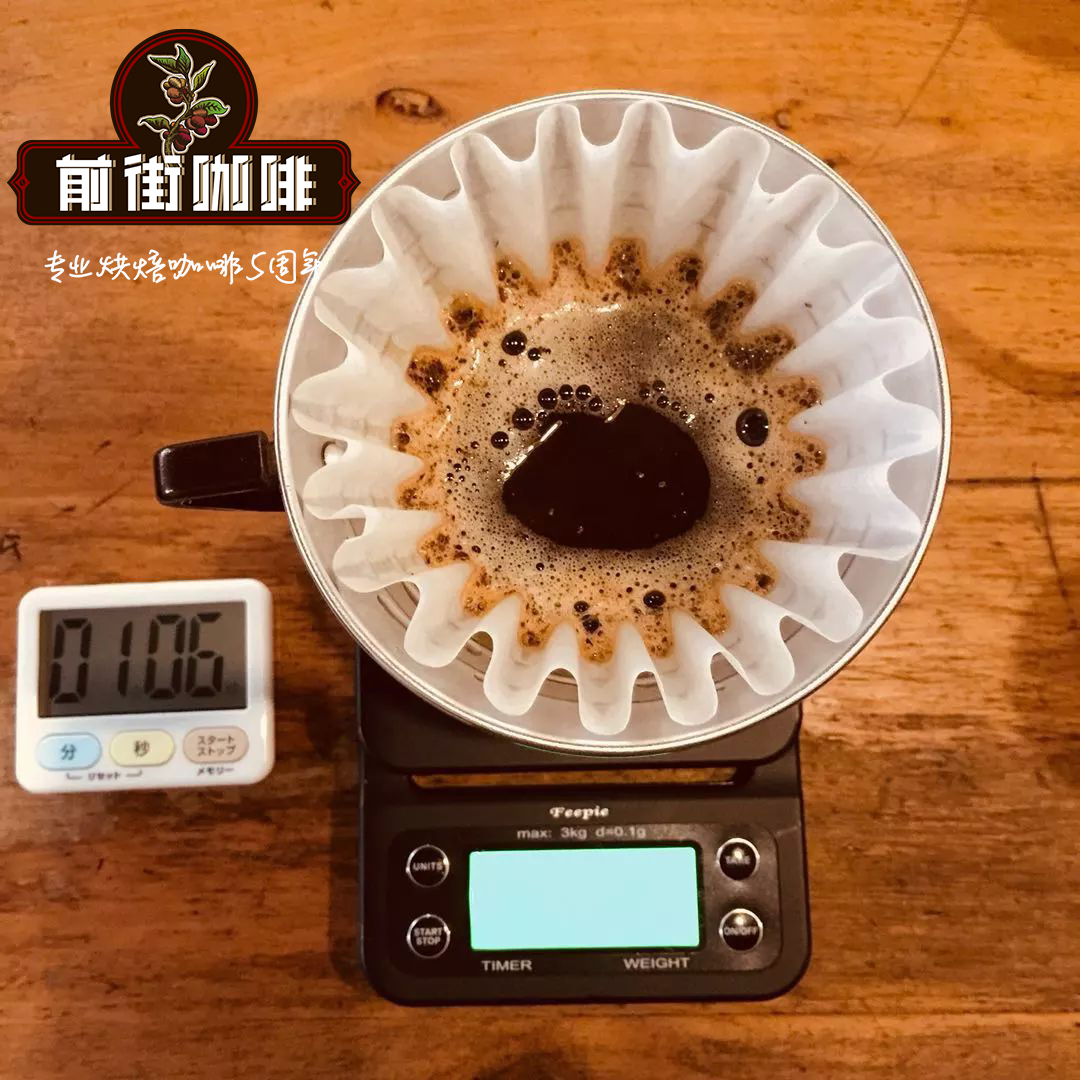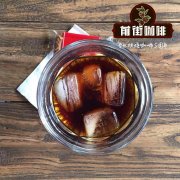Flavor and taste characteristics of Uganda coffee beans _ recommendation of Uganda coffee beans brand _ quotation of Uganda coffee

Professional coffee knowledge exchange more coffee bean information please follow the coffee workshop (Wechat official account cafe_style)
Although Uganda is the second largest coffee producer in Africa, 90% of Ugandan coffee beans are robastian beans and only 10% Arabica beans.
Coupled with the political unrest in recent years, the supply of goods is not very stable. If you like Ugandan coffee beans, try to enjoy when you can!
The aroma performance of coffee after grinding is ─
The first smell, fragrant but not sweet, with a deep, light and elegant flower fragrance.
The second smell, straight up the god seems to be close to smell the fragrance of the perfume lily stamens.
The third smell, after convergence, a smell of baking cookies.
After siphon cooking, the fragrance of flowers and sweetness floated from the smell cup, like the core powder when the stamens were in full bloom.
Imported drink ─
There is still the fragrance of flowers in high temperature, but it is not as strong as when smelling incense.
At medium temperature, it looks like black cocoa and has no sweet taste. Purse the tongue back to the throat, then breathe out through the nose, and finally feel the smell of tobacco.
At low temperature, the smell of milk gradually comes out, and the colder it is, the more sour it is, and the smell of tobacco that appears at the end of the middle temperature is also gradually aggravated.
On the whole, it is a flower-scented, not sweet, very delightful cup of coffee.
There is great hope for the future.
In Uganda (Uganda), Arabica coffee beans account for only 10 per cent of the country's total coffee production, but it is enough to attract attention. Uganda's best coffee is mainly produced in the mountains of Elgon and Bugisu along the Kenyan border in the north and Ruwensori in the west, and is available for export in January or February of each year.
The equator runs across Uganda, and the suitable climate makes it the main producing area of Robart coffee beans in the world. In the 1960s, Ugandan coffee production remained at 3.5 million bags a year. By the mid-1980s, coffee production had dropped to 250 bags a year, mainly for political reasons. But now coffee production is on the rise again, currently about 3 million bags a year. One of the main problems facing the coffee industry is that there are no good roads to transport coffee to ports such as Mombasa (Mombasa) in Kenya or Dar es Salaam (Dar es Salaam) in Tanzania.
Screening of Ugandan coffee beans (Uganda)
In order to improve the quality and reduce the cost of coffee, in November 1990, Uganda abolished the exclusive right to operate the Coffee Management Committee (Coffee Marketing Board, referred to as CMB). Most of the work originally undertaken by the Coffee Management Committee has now been handed over to the cooperative organization. Privatized coffee accounts for two-thirds of the country's export revenue, so the government imposes a tax on coffee shops, hoping to increase much-needed income. But instead, coffee exports fell by 20%, and coffee smuggling became more and more serious.
Like Tanzania, rising coffee prices in recent years have encouraged farmers to return to their estates, reclaim once-abandoned land to grow coffee, and Ugandan coffee beans look promising.
Unique tribe dou tribal name: Bugisu Bugisu
Origin: Mt.Elgon Region Elgon Mountain region, Uganda, Africa
Raw bean: Organic HB organic certification hard bean Hard Bean
Palate: simple and thick taste
Note: the Bugidu tribe lives in the mountains of Elgonne and has become farmers of coffee experts. As the natural environment has not been damaged, so the production has been organically certified, which is a very special place. Because the mountains are steep and there are few formed roads in the mountains during the rainy season, transportation is not easy, but the Bujisu use donkeys to transport raw beans, which solves the problem. India uses elephants to transport coffee beans. So every time I drink Uganda, I feel the original enthusiasm for coffee.
Qianjie coffee: Guangzhou bakery, the store is small but a variety of beans, you can find a variety of unknown beans, but also provide online store services. Https://shop104210103.taobao.com
Important Notice :
前街咖啡 FrontStreet Coffee has moved to new addredd:
FrontStreet Coffee Address: 315,Donghua East Road,GuangZhou
Tel:020 38364473
- Prev

Characteristics of Ugandan coffee. How do Ugandan coffee beans taste? are Ugandan coffee beans expensive?
Professional coffee knowledge exchange more coffee bean information please follow the coffee workshop (Wechat official account cafe_style) Uganda coffee bean flavor is similar to Kenya, Uganda coffee bean planting elevation and variety introduction Uganda is located on the equator, like spring all year round, most areas have a savanna climate, the largest lake in Africa and the second largest freshwater lake in the world-Lake Victoria
- Next

Story of Uganda Coffee Bean producing area, Pearl of Africa _ factors affecting the Price of Ugandan Coffee Bean
Professional coffee knowledge exchange more coffee bean information follow coffee workshop (Wechat official account cafe_style) Uganda does not hesitate to put illegal farmers in jail in order to improve the quality of coffee beans, but experts believe that the goal can only be achieved by introducing farming programs, education and other incentives. Coffee beans are an important export commodity of Uganda, but they have been dragged down by the decline in commodities in recent years.
Related
- Detailed explanation of Jadeite planting Land in Panamanian Jadeite Manor introduction to the grading system of Jadeite competitive bidding, Red bid, Green bid and Rose Summer
- Story of Coffee planting in Brenka region of Costa Rica Stonehenge Manor anaerobic heavy honey treatment of flavor mouth
- What's on the barrel of Blue Mountain Coffee beans?
- Can American coffee also pull flowers? How to use hot American style to pull out a good-looking pattern?
- Can you make a cold extract with coffee beans? What is the right proportion for cold-extracted coffee formula?
- Indonesian PWN Gold Mandrine Coffee Origin Features Flavor How to Chong? Mandolin coffee is American.
- A brief introduction to the flavor characteristics of Brazilian yellow bourbon coffee beans
- What is the effect of different water quality on the flavor of cold-extracted coffee? What kind of water is best for brewing coffee?
- Why do you think of Rose Summer whenever you mention Panamanian coffee?
- Introduction to the characteristics of authentic blue mountain coffee bean producing areas? What is the CIB Coffee Authority in Jamaica?

